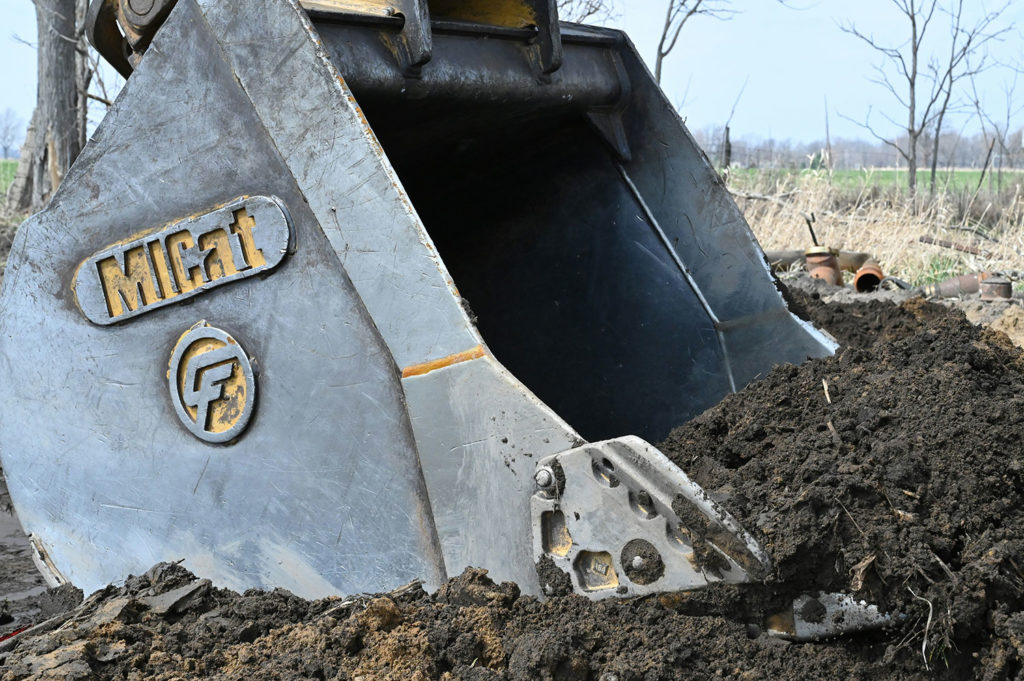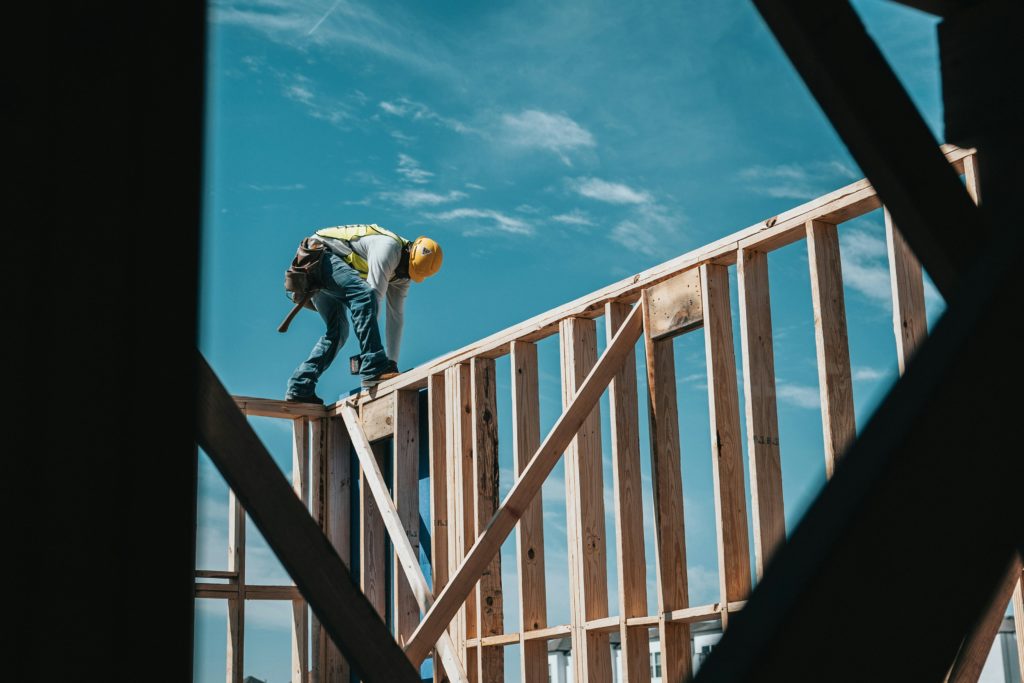SME builders order books could receive a welcome boost as councils exert their new powers to tackle the problem of empty high street premises.
- Properties empty for more than a year to go under the hammer
- Leases of one to five years on offer
- One in seven high street shops are vacant
Empty shop refurbs to create pipeline of work for SME builders
SME builders are hoping for a boost in refurbishments now that councils can force landlords of empty shops to rent them out under new legislation that went live on the 2nd of December.
Bassetlaw, Darlington and Manfield district councils in the north and Bournemouth, Christchurch and Poole council in the southwestare to start rental auctions for landlords slow to let.
Local growth minister Alex Norris said: “High streets lie at the heart of communities the length and breadth of this country. But in many areas, they are not what they used to be.
“Small businesses need our support and that’s why we are creating a ‘right to rent’ so that high street lots that have been left empty for far too long can be brought back to life. We want shops and shoppers back on the high street – and that’s what these changes will help to bring.”
The changes are designed to stop disengaged landlords sitting on empty lots for more than 365 days in a 24-month period.
Councils can order auctions of leases from one to five years on vacant premises if the landlord fails to respond to pressure to let the property out.
The government has committed over £1m in funding to support the auctions, which it hopes will create jobs and boost trade by bringing local businesses back to the heart of communities.
Currently, one in seven high street shops are closed according to figures from retail and leisure market research firm The Local Data Company.
Federation of Master Builders policy and public affairs head Jeremy Gray said: “Local builders could benefit from this initiative as it may unlock a long-term pipeline of work.
“Builders would be well placed to renovate these properties and could enhance them by adding living space above the shops ensuring the high streets remain an active part of our communities.”
Broker Hank Zarihs Associates said development and refurbishment finance lenders were keen to offer loans to SME builders involved in this type of work.
Fire safety remediation expected to generate new work
The government has also announced new fire safety measures to remediate unsafe cladding on properties more than 11 metres highby 2029. It has warned that landlords who fail to do so will face hefty penalties.
The National Federation of Builders has said it expected this would generate significant future remediation work for SME builders.
But although the remediation and repair side of business looks good for SMEs, housebuilding has continued to be a particularly tough.
The Homebuilders Federation, HBF, state of play surveyfor 2024 to 2025 has revealed thattwo-thirds of SMEshave said it is harder to be a housebuilder now than five years ago.
More than half of SME housebuilders report waiting over a year for planning permission, and 56 per cent have seen costs rise by more than 30 per cent in the last three years.
Chief executive of Close Brother’s property finance division Phil Hooper said 87 per cent of SME homebuilders were considering winding up their business.
Close Brothers and the HBF have produced a video From the Ground Uphighlighting smaller housebuilders’ contributions to supplying affordable homes, local jobs and piloting new technology.
The HBF wants the government to improvelocal authority planning capacity, find solutions to nutrient neutrality restrictions, and offer financial support for first-time buyers.
LinkedIn Question: Is planning delay the most significant reason why SMEs are exiting the housebuilding market?








